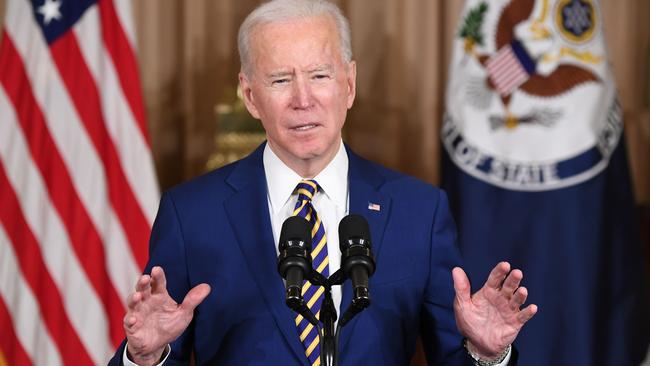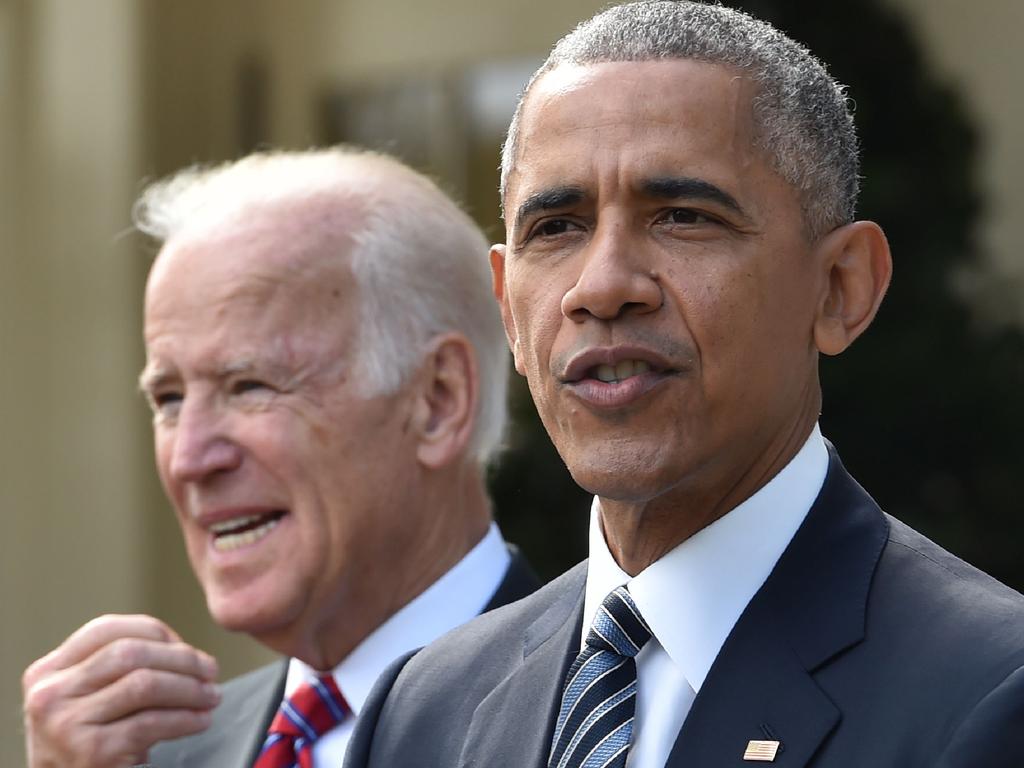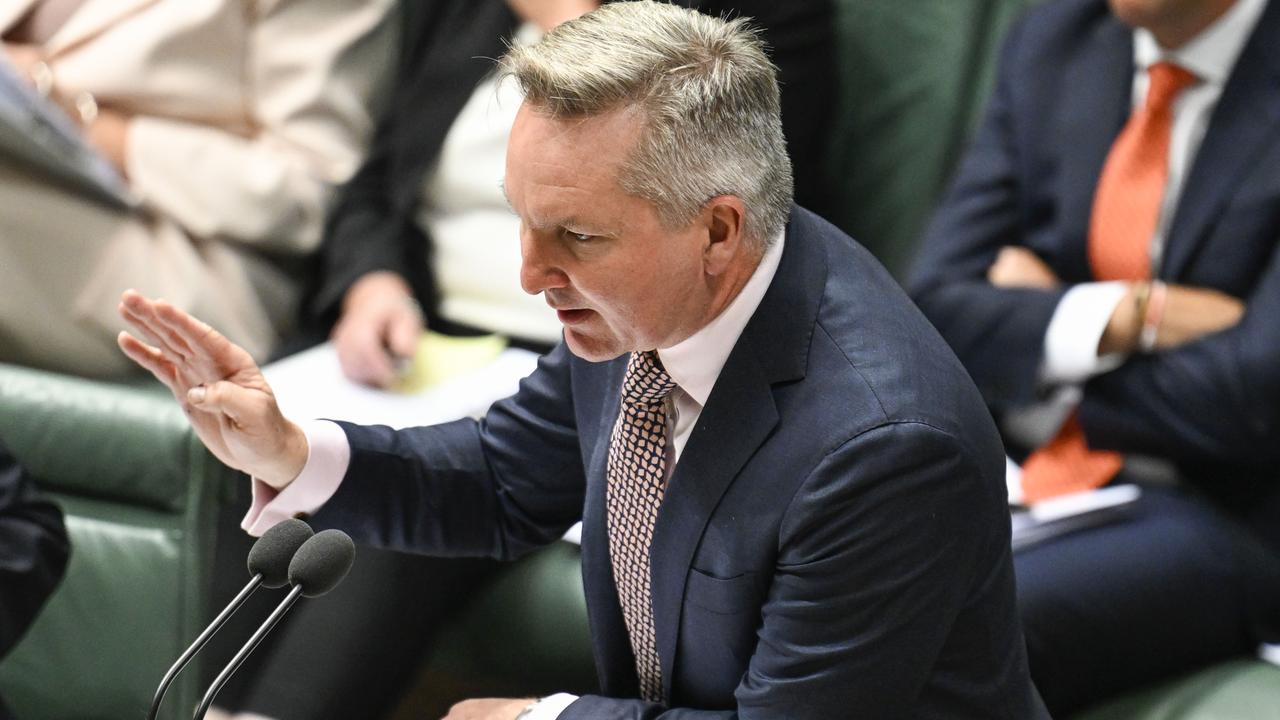Biden’s rough start with the world

It hasn’t been the most promising start. Less than a month into Joe Biden’s presidency and his administration is already engaged in spats with China, Russia and Iran. It also is discovering that US allies are not quite as happy with Biden’s February 4 announcement that “America is back” as many Democrats may have hoped.
In Asia the administration’s Myanmar policy — imposing sanctions that signal displeasure without materially affecting the army’s ability to rule — has attracted little enthusiasm.
On Monday, India’s foreign minister hailed Indo-Japanese co-operation on regional infrastructure projects that link Myanmar with its neighbours, a signal that India intends to go on co-operating with Myanmar no matter what Washington wants. The large portion of the Indian press that supports the ruling Bharatiya Janata Party is aflame with resentment that Vice-President Kamala Harris’s niece, Meena Harris, seems to be siding with protesters against BJP policies.
European leaders are also dismissive of American moralism. French President Emmanuel Macron denounced the importation of US academic and cultural wokeness as a threat to the French way of life, while European pragmatists are pushing to strengthen economic relations with Russia and China — virtually ignoring the Biden administration’s efforts to raise the pressure on human-rights abusers in Moscow and Beijing. With the US trade representative’s announcement that Trump-era retaliatory tariffs on European wine, cheese and food imports aren’t going away soon, this has been one of the shortest and coldest diplomatic honeymoons on record.
In the Middle East, Iran is showing no eagerness to ease the administration’s path back into the 2015 nuclear deal. And Israel and the conservative Arab states resent the US shift in that direction. As for restless NATO ally Turkey, Biden promised during the campaign to help President Recep Tayyip Erdogan’s opposition. The new administration has so far criticised a crackdown on pro-LGBTQ student demonstrators and called on Ankara to release dissident Osman Kavala.
Closer to home, the unceremonious cancellation of the Keystone XL pipeline miffed Canadians. The Biden administration appears headed for a fight with Brazilian President Jair Bolsonaro over deforestation in the Amazon basin — a sensitive issue for the Brazilian right. Mexico’s left-populist President Andrés Manuel López Obrador delayed congratulating Biden on his election, passed a law limiting US-Mexican collaboration over drug trafficking, and offered political asylum to Julian Assange.
On the other hand, at least relations with Cuba are expected to improve.
This is not as bad as it looks. Given the large shifts between Trump and Biden-era policies, some turbulence was inevitable. But fleeting as some of these tensions will hopefully prove, they do point to trouble ahead. The Biden administration has an ambitious agenda and many allies prefer a quiescent US to an activist one.
Americans often assume that other countries see US leadership as a global public good, are grateful to Washington for providing it and like us more the more we lead. It doesn’t always work that way. Other governments tend to see US leadership as, at best, a necessary evil. Only a very few countries, most of them small and weak, like the idea of an American-led world order, and virtually all of our allies want as much order with as little leadership as they can get.
If Uncle Sam’s World Order Cafe were a business, some of its customers would order a double helping of security protection with a side of development assistance — but hold the human rights. Some would want no security at all, merely the house salad of mixed-green policies with a nice light dressing of human rights on the side. Regardless of their varied individual preferences, all the customers want an a la carte menu. Nobody is looking for the chef’s choice.
For the Biden foreign policy agenda, this is a problem. Driven by existential concerns about climate change, the erosion of democracy worldwide and the rise of China, the new administration wants more US allies to take difficult stands in support of Washington’s global vision. This is not going to be popular.
Many governments in Asia share US concerns about China but feel threatened by America’s propensity to proselytise for democracy. In the Middle East, key aspects of the Biden agenda alienate virtually everyone. Many Latin Americans see Chinese money and influence as a healthy offset to US hemispheric dominance. While Europeans share some American concerns about China and Russia, Paris and Berlin see little reason to accept Washington’s prescriptions for dealing with them.
The Biden administration sees a renewed American commitment to multilateralism as a way to sign allies up to an ambitious US-led agenda. But many allies, even close and deeply democratic ones, embrace multilateralism as a way to limit America’s ability to press policies on them that they don’t like. Interesting times lie ahead.
The Wall Street Journal





